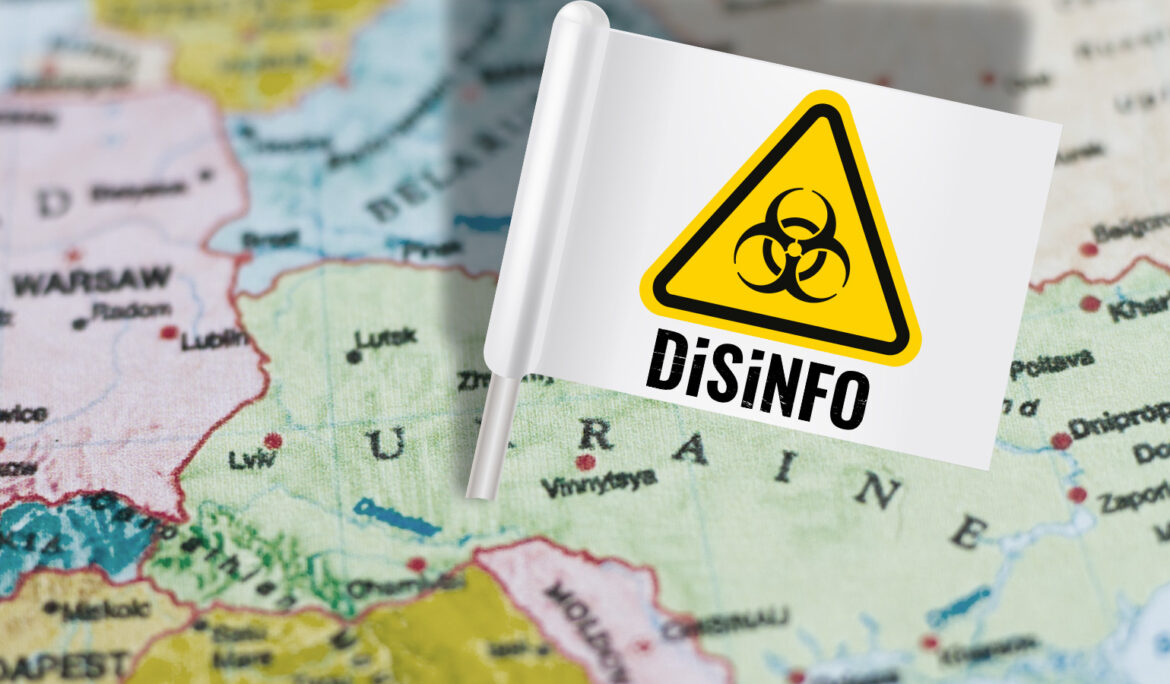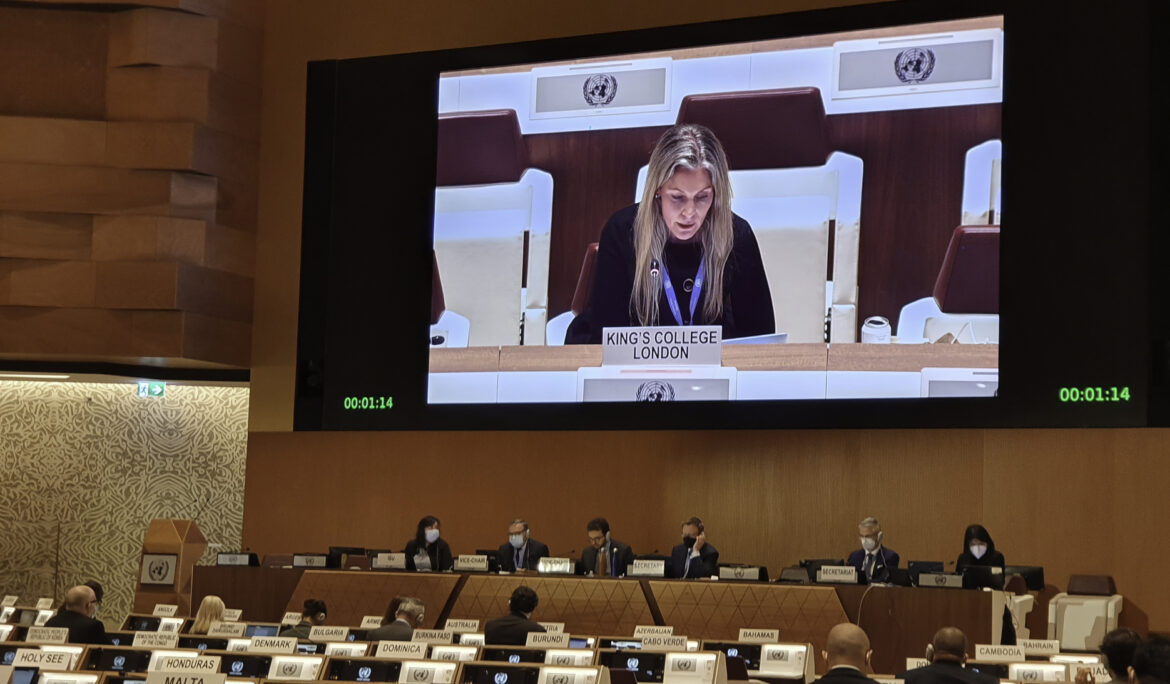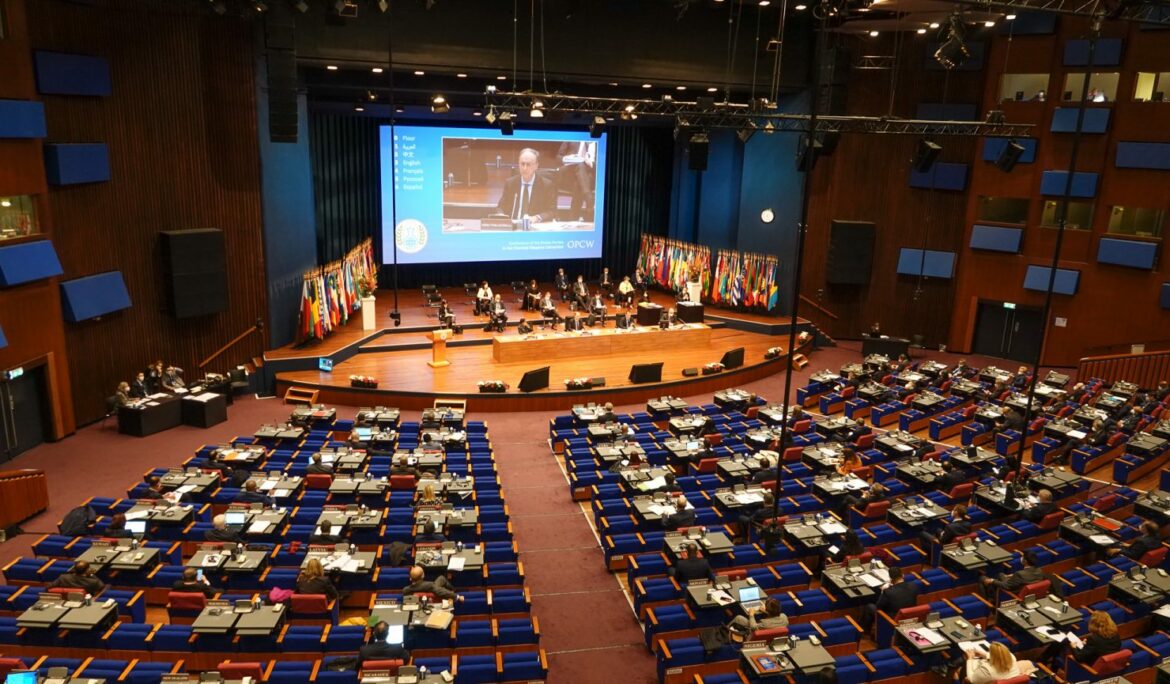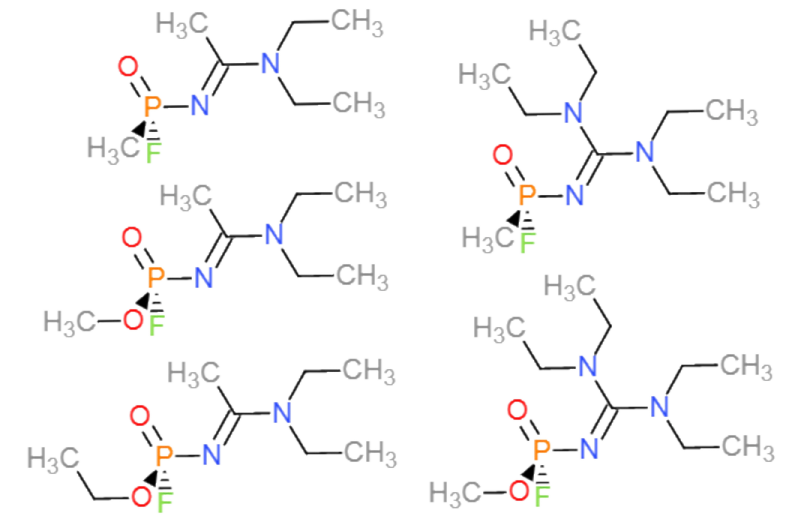“Biological weapons are banned; biological research is not”
Amid the barrage of lies accompanying Russia’s war against Ukraine, the Kremlin’s disinformation narrative that Ukraine is carrying out research to develop biological weapons stands out as particularly insidious. Not only does it attempt to justify Russia’s brutal invasion, but also discredit legitimate biological and epidemiological research worldwide, at the risk to global public health. In an interview with EUvsDisinfo, Dr. Jean-Pascal Zanders, founder of The Trench and an independent expert on disarmament questions covering chemical and biological weapons, talks about the crucial differences between legitimate biological research and the development of biological weapons and why Russia is engaging in …
Statement to Biological Weapons Convention Preparatory Committee, endorsed by The Trench
Statement to Biological Weapons Convention Preparatory Committee, Geneva 4 April 2022 Presented by Dr Filippa Lentzos, King’s College London Mr Chair, Distinguished Representatives: We condemn Russia’s unprovoked military invasion and its continuing war against Ukraine. We stand with the government and people of Ukraine, and we urge Russia to stop its brutal attacks. We echo the call by the World Health Organization, UNICEF and UNFPA to immediately cease attacks on hospitals, ambulances and medical staff.[1] It is an unacceptable strategy and tactic.[2] Mr Chair, Russia accuses Ukraine of working on biological weapons supported by the United States and other …
OPCW: 26th Session of the Conference of the States Parties (CSP-26)
I am pleased to present here the summary of the annual OPCW Conference of States Parties, prepared by Leanne Quinn of the CWC Coalition. The Trench is a member of the CWC Coalition. Jean Pascal Summary Report by Leanne Quinn Program Assistant, Chemical Weapons Convention Coalition (Cross-posted from the CWC Coalition Conference summaries) During the annual Conference of the States Parties to the Chemical Weapons Convention (CWC), representatives from all the States Parties to the CWC convene in The Hague to oversee the implementation of the CWC, promote the goals and obligations of the treaty, and review treaty compliance, among …
History of nerve agent assassinations
On 20 August, the Russian anti-corruption activist Alexei Navalny fell ill during a return flight to Moscow and was hospitalised in the Siberian town of Omsk after an emergency landing. Members of his travelling party immediately suspected poisoning, an impression hospital staff reinforced when they refused Navalny’s personal physician access to his medical records. Following his airlifting to Berlin for further examination and specialist treatment, the Charité hospital issued a statement on 24 August that preliminary findings indicated exposure to ‘a substance from the group of cholinesterase inhibitors’. Even though the hospital could then not name the specific poison used, …
Novichok and the Chemical Weapons Convention
Assassinations with nerve agents are rare. Very rare. The reason is simple: other means to eliminate a person are simpler and much more effective. The marginal benefit from using even some of the most toxic substances ever made by man is negligible. What is more, the attempt fails often, as Aum Shinrikyo experienced when trying to take out some of the cult’s enemies with VX before the 1995 sarin attack in the Tokyo underground. Last year’s murder of Kim Jong-nam, half-brother of North-Korean leader Kim Jong-un, also involved VX according to Malaysian authorities. However, the real perpetrator behind the two …
Geopolitical manoeuvring behind Skripal
On 4 April the Executive Council (EC) of the Organisation for the Prohibition of Chemical Weapons (OPCW) will meet in a special session. Russia called the extraordinary meeting. It has been a month now since former Russian spy Sergei Skripal and his daughter Yulia had been exposed to a nerve agent in Salisbury. The United Kingdom (UK) government identified it as a member of the ‘Novichok’ family, once researched and developed by the Soviet Union. Russia is believed to have continued the programme at least during the first years after the breakup of the USSR. It has never come clear …
Novichok between opinion and fact – Part 1: Deconstruction of the Russian denial
Since the assassination attempt on Sergei and Yulia Skripal with a nerve agent now just over one month ago, so much has been written about ‘Novichok’; so much has been opined about what ‘Novichok’ is meant to be (if it exists at all); and so much smoke has been spewed about what the identification of ‘Novichok’ suggests about culprits. This blog posting is the first of several to look into a specific aspect of the discussions concerning Novichok in the hope of clarifying where certain positions come from and what factual knowledge exists about this group of nerve agents. Facts …
The Nuclear Nonproliferation Regime at a Crossroads
Memorandum No. 137, Tel Aviv: Institute for National Security Studies, May 2014 Editors: Emily B. Landau , Azriel Bermant The articles compiled in this volume grapple with questions and dilemmas that arise from a growing sense in recent years that the Nuclear Non-Proliferation Treaty (NPT) has reached a critical juncture, and that its continued role as the centerpiece of the nuclear nonproliferation regime is at risk. This is the result of a process that has unfolded gradually since the end of the Cold War, which also spelled the end of the bipolar global structure that, in the minds of many, …
Symmetry of adversary
Yesterday evening a framework document for (yet) further technical discussions on enhancing transparency about Iran’s nuclear activities was announced. A formal group picture was issued. Anything peculiar? Notice how symmetrical current and historic adversaries are paired up: China – USA France – UK Germany – Russia White over black – Black over white A deeper message or a trick of the (English) alphabet and diplomatic decorum? …




